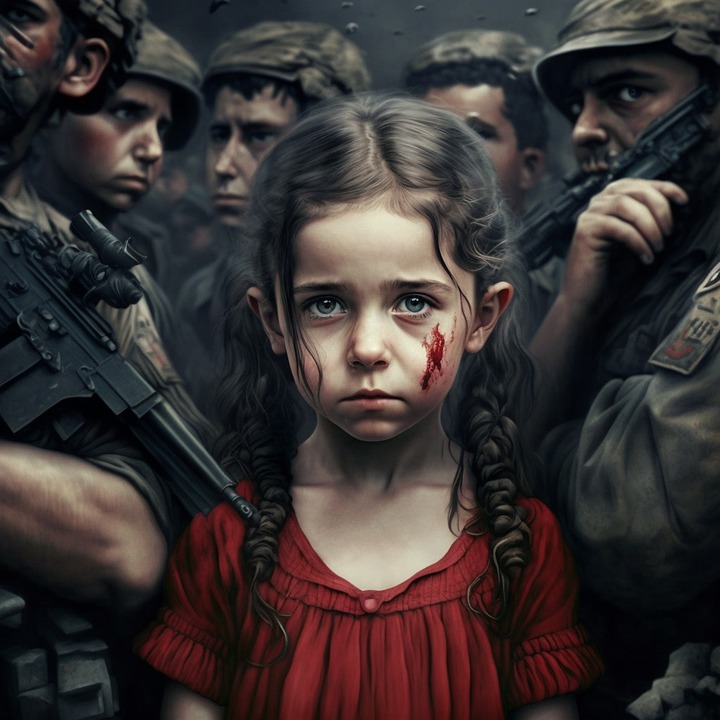We are worried, we are frustrated, we are nervous, we are scared. There is no point in denying it, we are “under the gun” – literally – from virtually every direction.
A simple reading of Jewish history would have provided a clear truth about our intractable enemies in Gaza: Joshua could not expel them, even when he was vanquishing the land’s seven other nations. King David – a brilliant military strategist who succeeded in conquering Jerusalem – could not subdue them, nor could King Solomon, Samson, or any other Jewish hero.
And now we are on the verge of entering into a lopsided agreement that will essentially play right into Hamas’s hands, effectively giving them everything they desire: a continuing command over Gazan affairs, worldwide recognition of their ability to hold their own against “mighty” Israel and, most of all, the wholesale release of yet another obscenely large contingent of mass murderers eager to continue their reign of terror.
How can we keep our sanity?
How can we keep our sanity? How can we maintain trust in our country, in our future, and in ourselves? Can “normal” life go on, under these circumstances, so that we do not succumb to despair, hopelessness, and “faith fatigue”? I want to suggest several strategies for survival:
RABBI YEKUTIAL HALBERSTAM (1905-1994), the Klausenberg Rebbe, survived Auschwitz, though his wife and 11 children were murdered by the Nazis. Upon his liberation, he went to a displaced persons camp and led the Jews gathered there. The camp was visited by the Allied High Command at the end of summer, and the rabbi was asked what could be done for the survivors. The Klausenberger immediately said, “Please bring us lulavim and etrogim for Sukkot. We need to hold on – literally! – to a mitzvah in order to regenerate and rejuvenate our souls.”



